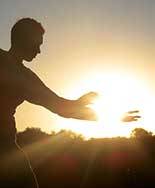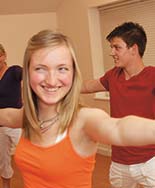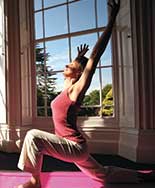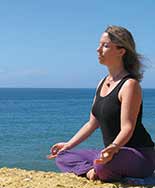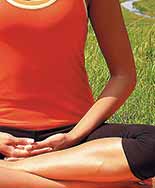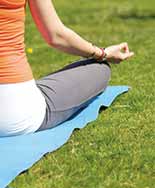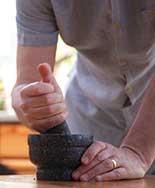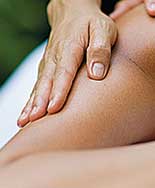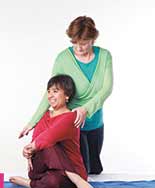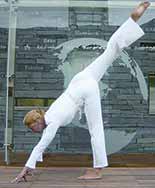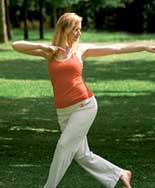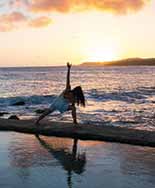Having just returned home from Africa and a fairly entertaining flight in which the seats were sooo uncomfortable. So, jet lag and the effects of flying are an important subject for me. How can flying be made easy, especially long-haul journeys? Many of us are traveling abroad these days and often heading straight back work when we get home. It's a topic worth further exploration.
What happens to our bodies when we fly?
A number of things happen when we fly, for example dehydration, toothache, headache, stomach pain and ear pain. Flying involves sitting for long periods which can cause blood to collect in your legs and feet. When plasma leaves your veins for the surrounding tissue it can result in foot swelling. In extreme and rare cases, this can escalate into blood clots.
Most plane cabins are pressurized to simulate a 10,000 elevation on earth and because your blood absorbs less oxygen at these altitudes your body can feel fatigued. This altitude is nearly a third less pressure than at sea level, and the resultant pressure change can affect all kinds of issues in your body. Also, these pressure changes affect your ears, as we've all experienced. During a plane’s descent, the tube that lets air in and out to maintain pressure doesn't react quickly enough, so air can’t pass through and pressurize your ear correctly. Swallowing, clicking your jaw or yawning can help. It can open the tube, let air flow and allow the ear to return to normal pressure.
But what is jet lag?
Desynchronosis or jet lag is also known as time zone change syndrome, resulting from when we travel rapidly across multiple time zones. It is a physiological condition which upsets our body's circadian rhythms - hence, it is classified as a circadian rhythm disorder. Jet lag symptoms tend to be more severe when the person travels from westward compared to eastward.
How can I avoid jet lag?
- Drink plenty of water so you stay hydrated
- Move around more and sleep for shorter periods. Stretch your legs as often as you can. Standing up, doing leg stretches and toe-ups, and generally moving around every 30 minutes or so can help with the blood circulation. Take a short walk to stimulate the blood pumping back to your heart
- Hold a pressure point on your hand - especially between the thumb and forefinger
- Rub oil on your hands and feet as you travel
- Once you have landed, have a massage. It works best to use oil which helps ground your body
- Listen to relaxation programmes, which help nourish your nervous system during the flight
- Limit the use of sedatives you might take in-flight
- You can help thin your blood to help prevent clotting using ingredients such as garlic, turmeric, and willow bark
- Wear loose clothes especially below the waist.
- Avoid tight clothes, especially tight belts and pantyhose that can block blood flow and further compound stress on your body
- Consider buying compression socks and/or a compression outfit called “jet skins.” These create a graduated pressure in your legs which helps support the muscles to pump blood back to the heart
- Elevate your feet and legs when possible
- Draw circles with your toes to rotate your ankles regularly
As preparation for your flight, remember to enjoy a walk and do one of the yoga sessions from Dru Yoga Online as it will help your body cope during the flight. Learn how to do deep relaxations and take yourself through them on the plane. Once you've landed and settled, enjoy a good session of yoga. If you're going to be in transit and staying in a hotel, improve your sleep by doing one of the ‘relax and unwind’ sessions.

